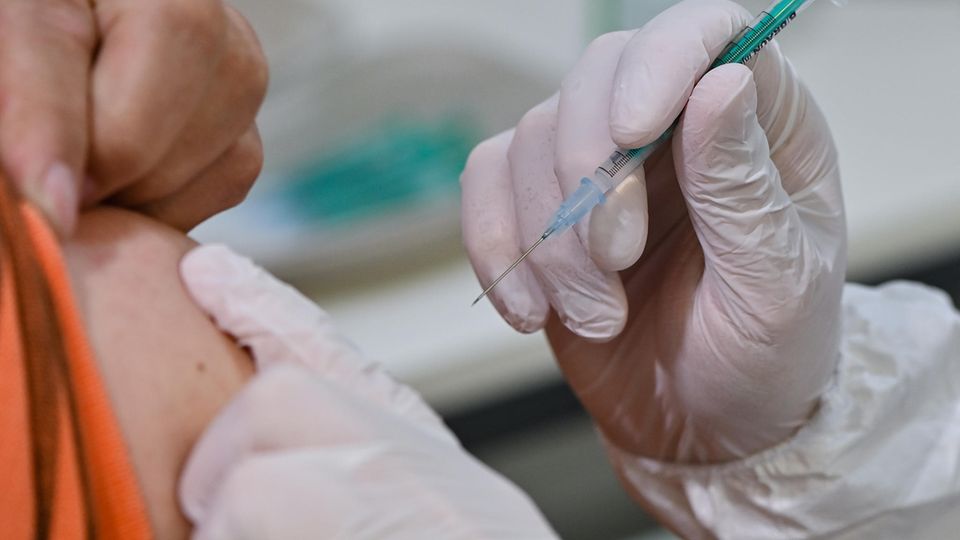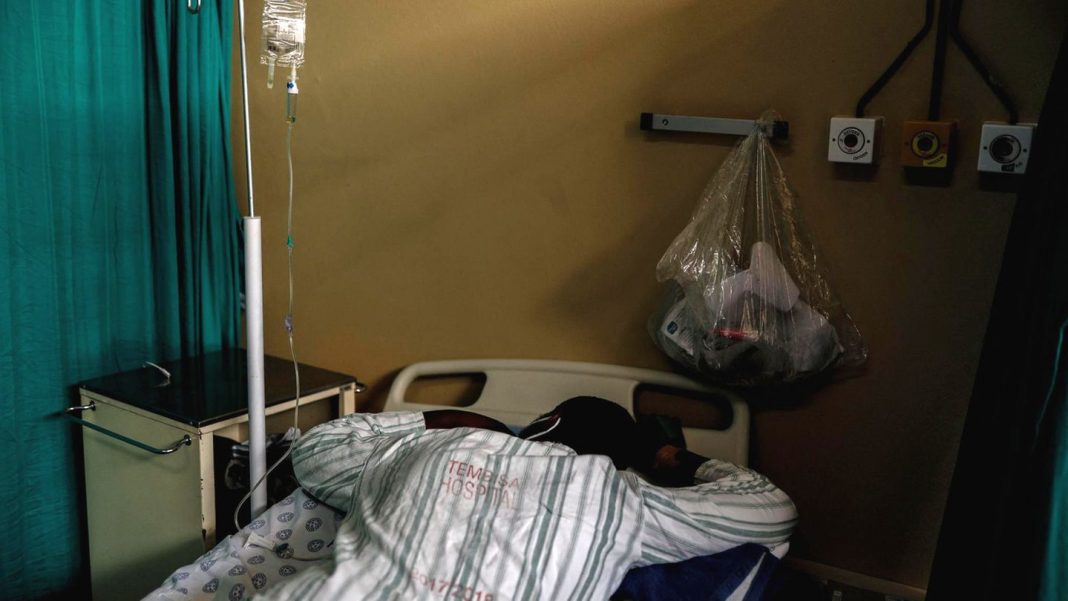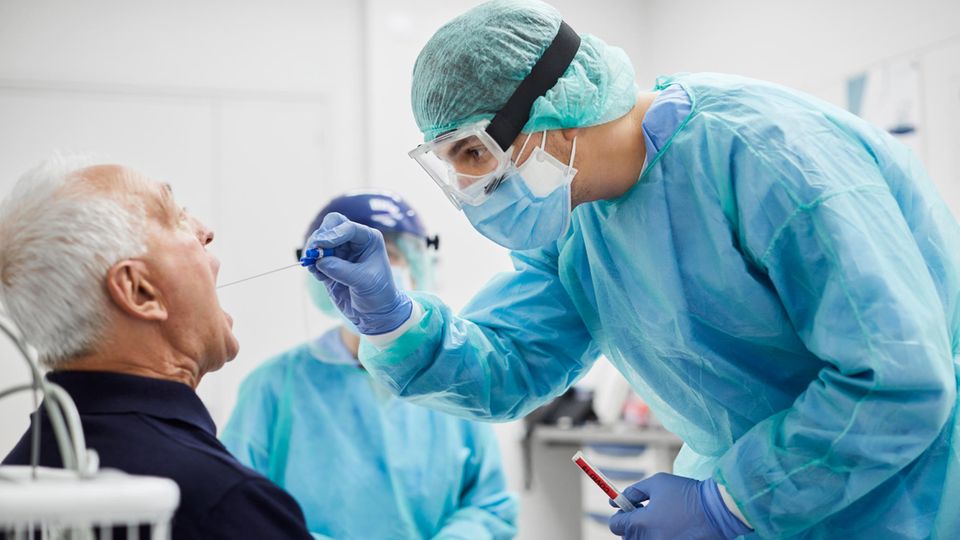While Germany is discussing the abolition of vaccination prioritization during the corona crisis, some countries would be happy if they could vaccinate anyone at all.
In Germany, millions of people without belonging to a particular group will be able to receive Johnson & Johnson’s vaccine in the coming months. Federal Health Minister Jens Spahn has lifted the prioritization for the preparation in medical practices and company doctors. The CDU politician wants to push the vaccination campaign further “pragmatically” and “with speed”. Only last week, the health ministers of the federal states had decided to make corona vaccinations with Astrazeneca’s preparation possible for everyone in the future, if those who want to vaccinate decide with their doctor.
Africa far behind in corona vaccinations
People in some other countries of the world can only dream of it. According to the World Health Organization (WHO), about a dozen countries have so far not received any corona vaccine at all. According to WHO, these include Haitiand the African countries Chad, Burkina Faso, Burundi, Eritrea and Tanzania. According to this, the whole of Africa has only one percent of available vaccines worldwide.
“I find this unfair and unjust, and it saddens me,” the Associated Press (AP) news agency quotes Oumaima Djarma, an infectious disease doctor in N’Djamena, the capital of Chad. She doesn’t even have the choice which vaccine she chooses. “I will take the first vaccine that comes along and that has an approval.”
Not a single employee from Djarma’s hospital has been vaccinated so far, and they have not been informed when that will be possible, reports AP. “When I hear, for example, that in some countries they are done with the medical staff and the elderly and are now moving on to other categories, it honestly makes me sad,” says Djarma. “I ask you if you can provide us with these vaccines to at least protect the medical staff.”
“Everyone dies of this disease, whether rich or poor,” explains the doctor. “Everyone must have the opportunity, the chance to be vaccinated, especially those who are most at risk.”
New Virus variants threaten
Delays and shortages in vaccine supply have led African countries to fall further behind the rest of the world in the introduction of Covid-19 vaccines, the WHO also warned last week. And in places where there are no vaccines, there is also the possibility that new and worrying variants may emerge.
“We should all be concerned about any lack of coverage anywhere in the world,” said Gian Gandhi, Unicef coordinator of the global vaccination program Covax, calling on richer countries to pass on vaccine doses. According to official figures, there are relatively few coronary infections in Africa. So far, around 4800 corona infections and 170 deaths from Covid-19 have been reported in Chad. However, Gandhi assumes that many cases are not recorded at all. The countries in Africa that were still waiting for vaccines were among the countries that were least able to track infections due to their weak health systems, he said.
Even the more than eleven million inhabitants of Haiti, the poorest country in the Western Hemisphere, have not been given a single shot against the coronavirus. Actually, the island state is Covax 756.000 Astrazeneca cans, noted AP. But government officials said they did not have the necessary infrastructure to keep the vaccine. They feared they would have to throw it away. Haitian officials also expressed concerns about possible side effects and said they would prefer a single dose vaccine.

Several small island nations in the Pacific have also not yet received a vaccine. Vanuatu, with a population of 300,000 inhabitants, expects the first doses Astrazeneca later this month. However, the country has so far only registered three diseases with the coronavirus and quarantined those affected.
WHO calls unequal distribution ” self-destructive”
Covax wants to achieve a fair worldwide distribution of corona vaccines. The aim of the programme is to distribute enough doses by the end of the year to vaccinate up to 27 per cent of the population in the 92 poorest countries. By the beginning of May, the vaccination programme had delivered 54 million corona doses to a good 120 countries. The rich countries subsidise procurement for the poorest countries.
WHO chief Tedros repeatedly warns the rich industrialized countries that the unfair distribution of corona vaccines around the world is “not only a moral scandal, but also economically and epidemiologically self-destructive.”
But even if Africa finally got enough corona vaccine, the health authorities would have to overcome another problem: there is widespread vaccine skepticism on the continent. At the end of April, for example, the poor Democratic Republic of Congo passed on a good 1.3 million doses of unused Astrazeneca vaccine to five other countries, because the shelf life of the vaccine would soon have expired.
In the hospital of Farcha in Chad, they would have been happy about the doses. Nine employees have already been infected with the virus, including cardiologist Mahamat Yaya Kichine. “It took me almost 14 days to heal,” says Kichine. “There were a lot of caregivers who were infected, so I think that if there is a way to make a vaccine available, it would really make our work easier.”
Source: Associated Press, DPA



